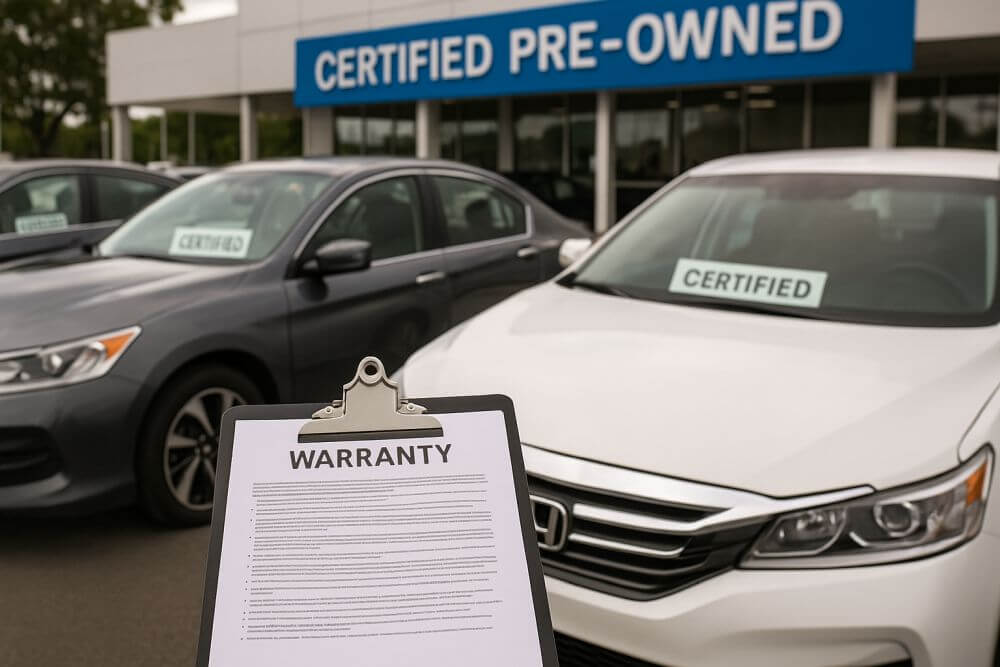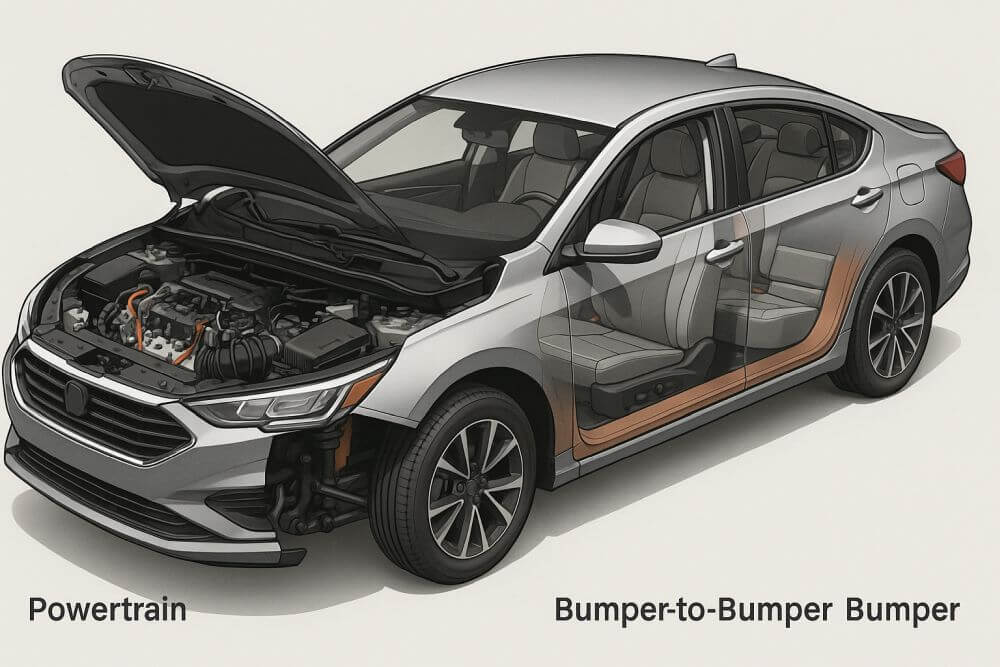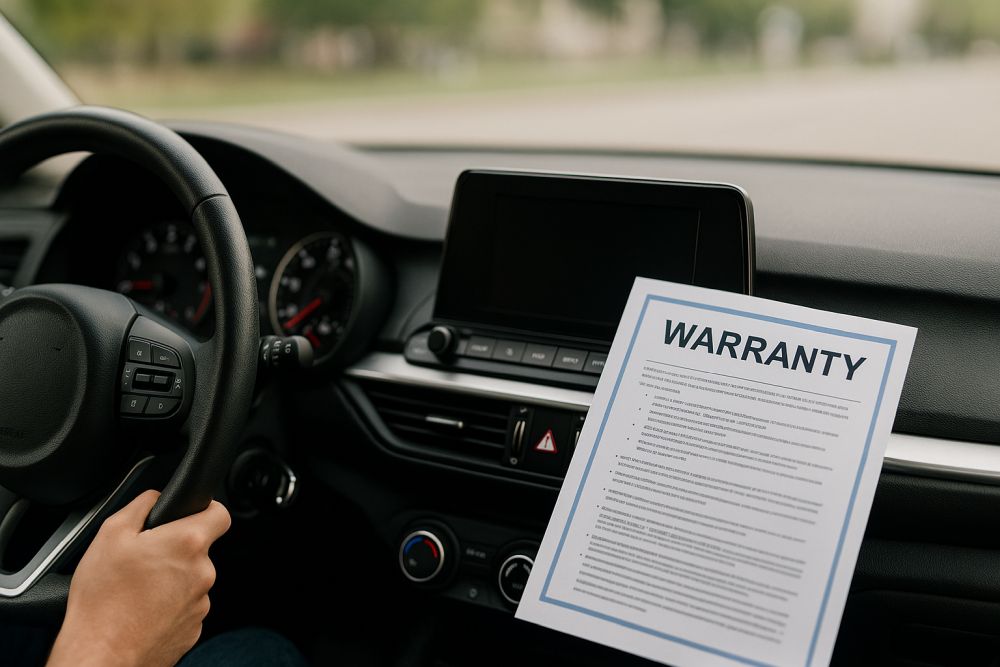When buying used cars, ensuring that you make an informed decision is crucial to avoid future headaches. One of the most effective tools at your disposal is a VIN check guide. This process provides you with detailed insights into a vehicle’s history, specifications, and potential red flags that could influence your purchase decision. In this guide, we’ll delve into the top VIN check tips that every buyer should know, ensuring you’re well-equipped to decode and understand the vital information a Vehicle Identification Number (VIN) can offer. For a comprehensive understanding, you can start by visiting the VIN Checker for an initial look at a vehicle’s history.

Understanding the Importance of VIN Checks
A VIN check is an essential step in the process of purchasing a used vehicle. The VIN is a unique 17-character code assigned to every vehicle, acting as its fingerprint. By conducting a VIN check, you can access a plethora of information, including past ownership, accident history, and title information. This can help identify any discrepancies that might not be apparent at first glance, such as odometer rollback or salvage titles, which are critical in assessing a vehicle’s true value and reliability.
The Process of Decoding a VIN
Decoding a VIN can seem daunting, but it’s fairly straightforward once you know what each segment of the code represents. Here’s a quick breakdown:
- World Manufacturer Identifier (WMI): The first three characters indicate the manufacturer and the country of origin.
- Vehicle Descriptor Section (VDS): Characters four through nine provide details about the vehicle model, engine type, and body style.
- Vehicle Identifier Section (VIS): The final eight characters include information about the vehicle’s production sequence and year.
By understanding these components, you can utilize tools like the VinCheckPro’s free VIN decoder to reveal detailed specifications about a used car you are interested in.
Steps for Conducting a Comprehensive VIN Check
To perform a thorough VIN check, follow these steps:
- Locate the VIN: The VIN can typically be found on the driver’s side dashboard, inside the door jamb, or on vehicle documents.
- Use a Reliable VIN Decoder: Enter the VIN into a trusted VIN decoder tool to get a baseline understanding of the vehicle’s specs.
- Obtain a Vehicle History Report: Use services like VIN Check Tips to get a full history report, which includes records of accidents, ownership changes, and more.
- Cross-reference Information: Verify the details from the VIN check with the seller’s claims to ensure consistency.
- Consult a Professional: If any discrepancies arise, it may be worth consulting a mechanic or a professional to further inspect the vehicle.
Why a VIN Decoder is Essential
A VIN decoder is a powerful tool for any prospective used car buyer. It helps you decode the intricate details embedded in the VIN, providing a clearer picture of the car you’re considering. This not only aids in verifying the features and specifications claimed by the seller but also highlights any alterations or modifications that may have been made to the vehicle. Utilizing a service like the VIN check tips, you can ensure that you’re making a well-informed decision before your purchase.
Call to Action
Ready to dive deeper into your next vehicle’s history? Start with a free VIN decoding service. Visit VinCheckPro to get started today. This simple step can save you time, money, and potential headaches down the road.
Frequently Asked Questions (FAQ)
What information can I get from a VIN check?
A VIN check provides a wealth of information including vehicle specifications, accident history, title status, past ownerships, recall information, and any outstanding liens. This data is crucial for assessing the vehicle’s condition and legality.
Is a VIN check necessary when buying from a dealership?
Yes, even when buying from a dealership, it’s wise to conduct an independent VIN check. Dealerships may not always provide complete transparency, so obtaining your own report ensures you have all the necessary information to make an informed decision.
Can a VIN check reveal previous accidents?
Yes, a comprehensive VIN check will include details about any reported accidents. This can help you assess the extent of damage and repairs, providing insight into the vehicle’s safety and longevity.
How often should I check my vehicle’s VIN?
It’s recommended to check the VIN when purchasing a used vehicle and periodically thereafter, especially before selling the car or if you’re concerned about recalls or other updates. Regular checks can help maintain the vehicle’s value and safety.
Are free VIN checks reliable?
Free VIN checks can provide basic information about a vehicle, but for a detailed report, including accident history and title issues, a paid service might be necessary. Always choose a reputable service to ensure accuracy and comprehensiveness.


